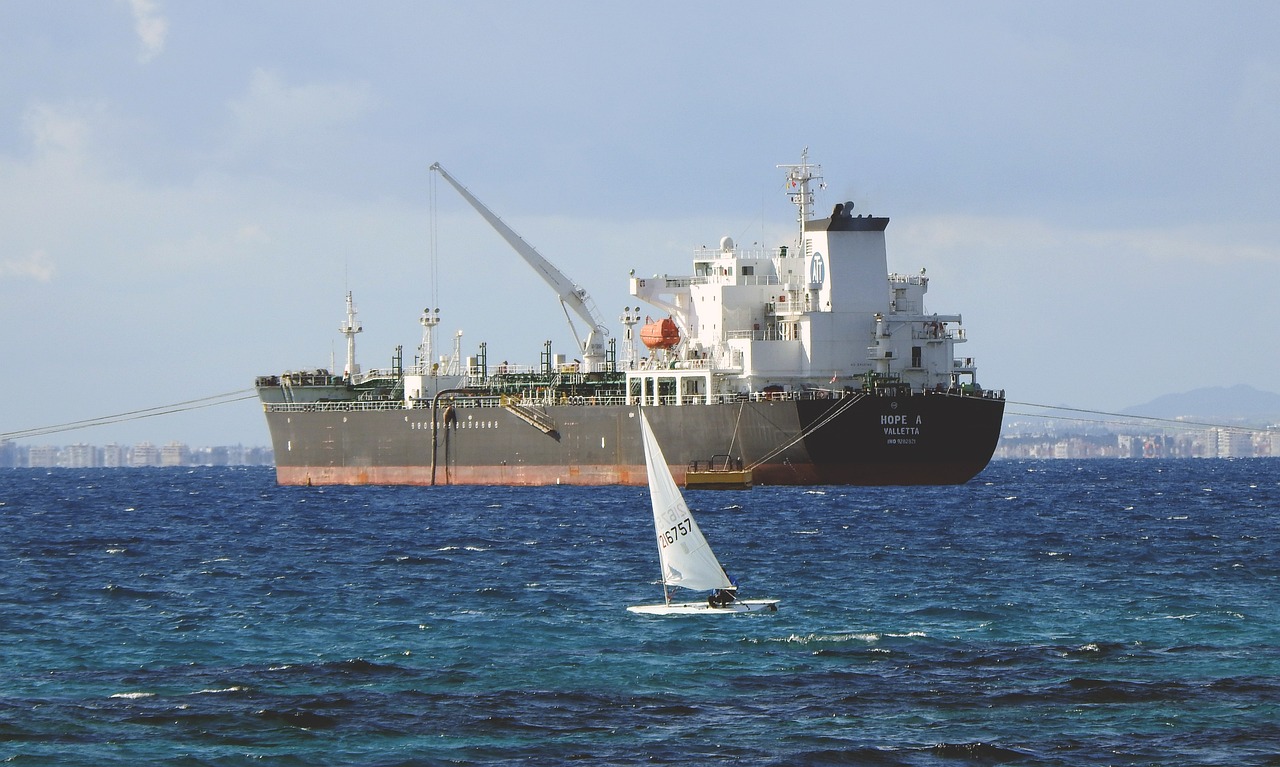A sharp decline in oil prices globally, influenced by US President Donald Trump’s tariffs, poses a risk to the Russian economy, according to Russia’s central bank governor Elvira Nabiullina.
The central bank is analysing the impact, with a technical budget rule expected to mitigate budgetary consequences, reported Reuters, citing sources.
As of 7 April, Brent and WTI crude prices fell by 14% and 15%, respectively, following Trump’s announcement of “reciprocal tariffs” on all imports.
“You are absolutely right that the main channel of influence may be through changes in oil prices, specifically a decrease in oil prices,” Nabiullina stated to the Russian lower house of parliament.
Nabiullina further noted: “If such tariff wars, and we are seeing an escalation of tariff wars, continue, it usually leads to a decline in global trade, the global economy and possibly even the demand for our energy resources.”
The central bank highlighted that US tariff increases might slow global economic growth and increase inflation, potentially resulting in lower-than-expected oil prices for several years.
According to the central bank’s projections, oil prices are expected to average $65 per barrel (bbl) in 2025 and $60/bbl in 2026, the report said.
However, these forecasts will be revisited and possibly updated during the next board meeting set for 25 April.
Despite sanctions, Russia’s oil and fuel export revenues rose to $15.8bn (Rbs1.43trn) in January, a $900m increase from December, as reported by the International Energy Agency.
This increase was attributed to higher oil prices and stable export volumes.
The US imposed new sanctions against Russian oil companies and tankers in early January, linked to the ongoing conflict in Ukraine.
In response, Russian refineries increased crude oil processing to boost fuel exports amidst the new sanctions, complicating crude oil sales. The sanctions have made crude exports to Asia more costly and complex.






